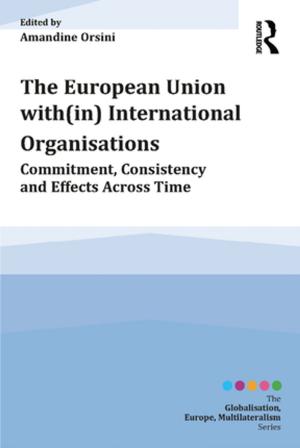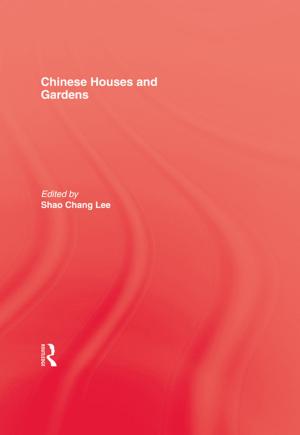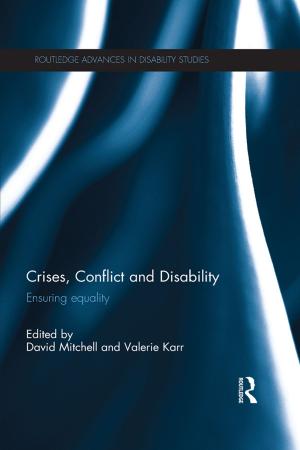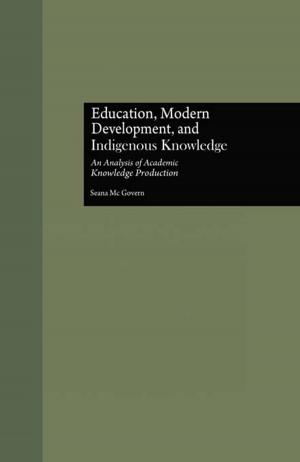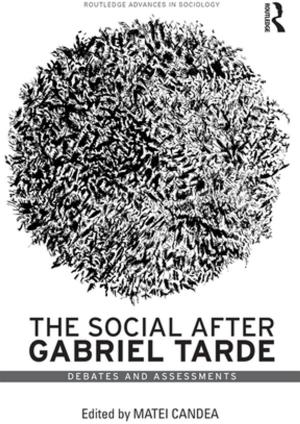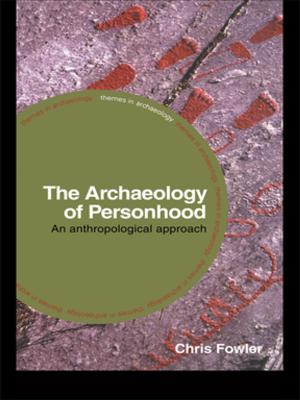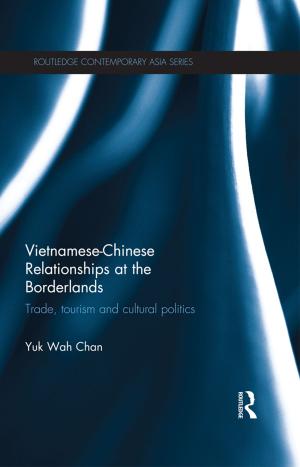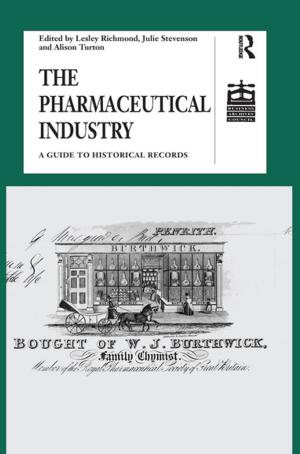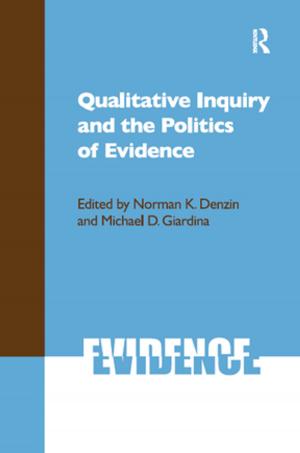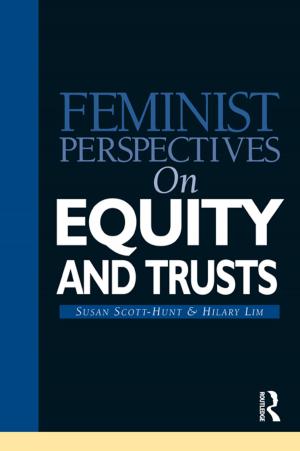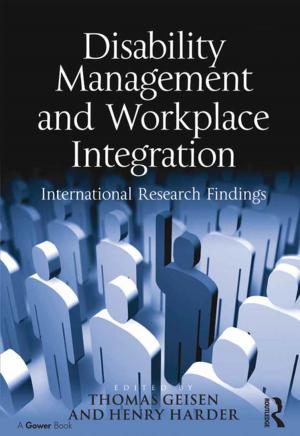Military Power, Conflict and Trade
Military Spending, International Commerce and Great Power Rivalry
Nonfiction, Social & Cultural Studies, Political Science, International, International Security, History, Military| Author: | Michael P. Gerace | ISBN: | 9781135772116 |
| Publisher: | Taylor and Francis | Publication: | June 1, 2004 |
| Imprint: | Routledge | Language: | English |
| Author: | Michael P. Gerace |
| ISBN: | 9781135772116 |
| Publisher: | Taylor and Francis |
| Publication: | June 1, 2004 |
| Imprint: | Routledge |
| Language: | English |
Wherever international commerce flows in world politics, military power often flows with it - sometimes as a protector of commerce, sometimes as its promoters and sometimes as a tool of aggression against it. How are military power and international trade related? Do military power and commerce expand together or does military power decline as commerce (and perhaps interdependence) increases? Does this relationship vary across countries and, if so how? Power, Conflict and Trade is a study of the relationship between military power and international commerce among the Great Powers prior to World War I.
After building an argument for a direct relationship between military power and commerce - one grounded in a mercantilist view of state power- and exploring their numerous connections, the book estimates models of the relationship among the Great Powers and explores a great deal of their commercial and military data, all of which is situated in the context of their mutual rivalries. Another question investigated is whether the peacetime conflicts and rivalries of the Great Powers affected their trade relations adversely. There is strong support for the argument that military power and commerce move together in world politics, though there is evidence for an inverse relationship as well.
Wherever international commerce flows in world politics, military power often flows with it - sometimes as a protector of commerce, sometimes as its promoters and sometimes as a tool of aggression against it. How are military power and international trade related? Do military power and commerce expand together or does military power decline as commerce (and perhaps interdependence) increases? Does this relationship vary across countries and, if so how? Power, Conflict and Trade is a study of the relationship between military power and international commerce among the Great Powers prior to World War I.
After building an argument for a direct relationship between military power and commerce - one grounded in a mercantilist view of state power- and exploring their numerous connections, the book estimates models of the relationship among the Great Powers and explores a great deal of their commercial and military data, all of which is situated in the context of their mutual rivalries. Another question investigated is whether the peacetime conflicts and rivalries of the Great Powers affected their trade relations adversely. There is strong support for the argument that military power and commerce move together in world politics, though there is evidence for an inverse relationship as well.

